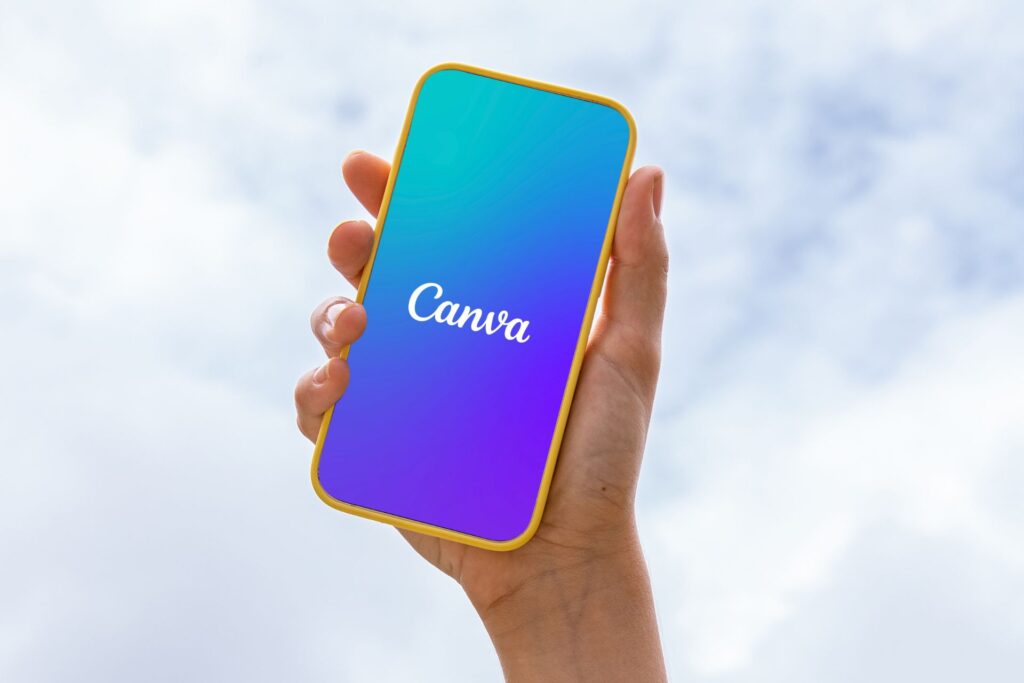
Canva is shaking up the usual hiring playbook by looking for what its co-founder and COO, Cliff Obrecht, calls “AI natives” instead of insisting on degrees. These are young engineers—some still in their second or third year at university, others who’ve even dropped out—who’ve grown up tinkering with machine learning tools. They already know how to chain complex AI workflows and help train their less-technical teammates.
Insights from VivaTech: Fluency Over Formal Credentials
Obrecht shared this approach at Viva Technology in Paris, noting that most companies try to bolt AI tools onto established engineers. Canva would rather bring in people who speak the language of AI from day one—whether that means prompt engineering, building multi-agent systems or integrating computer-vision APIs. These newcomers not only dive into product work but also turn into internal advocates, speeding AI adoption across design, marketing and customer support.
Embedding AI Expertise Across the Organization
This strategy taps into a broader industry conversation: will AI displace entry-level roles or empower a new generation of workers? Some leaders, like Anthropic’s CEO, warn that half of white-collar entry jobs could vanish in five years. Others, including Nvidia’s Jensen Huang, argue that AI will augment human roles. Already, routine tasks are under pressure, and job descriptions increasingly mention AI skills as a must-have.
What Really Defines an “AI Native”?
So what distinguishes an “AI native”? According to Obrecht, it’s less about occasional chatbot use and more about an intuitive grasp of the entire AI toolkit. These engineers start with a goal—say, automating an image-tagging workflow—then pull together the right mix of models and services, rather than testing each tool in isolation. They share discoveries with peers and stay restless in their curiosity.
Peer Evangelists Speed Up AI Adoption
For Canva, hiring this new talent mix speeds up company-wide AI literacy. Instead of spending months retraining veteran engineers, they lean on peer evangelists to spread best practices. It’s a high-impact way to fold generative AI into features across the product.
Skills and Projects Trump Diplomas in AI Hiring
The bigger lesson? As competition for AI talent heats up, traditional degrees may matter less than hands-on experience and a willingness to teach others. For anyone eyeing a career in this field, building real projects and sharing what you learn could be more valuable than a diploma.
